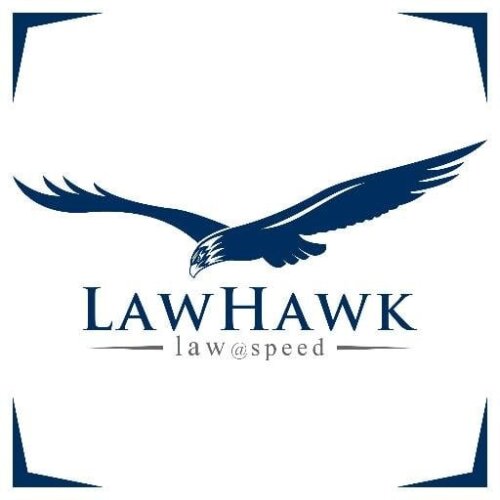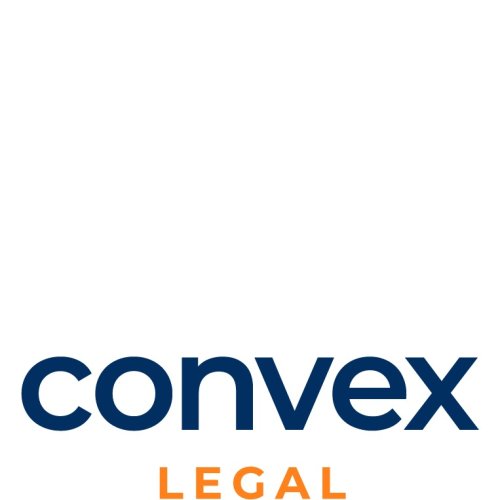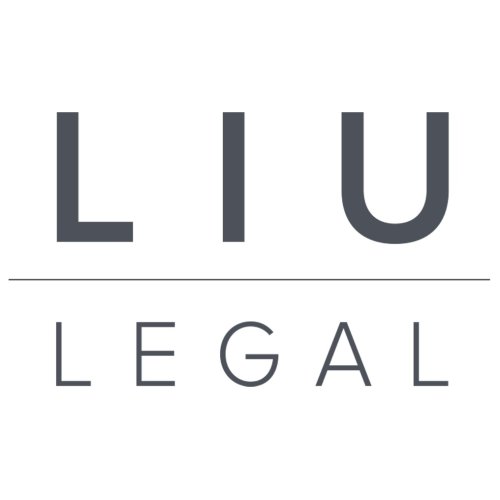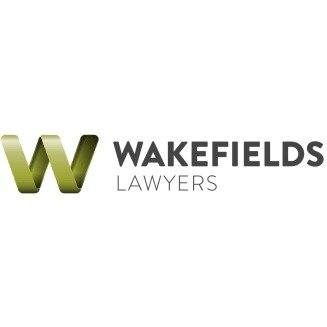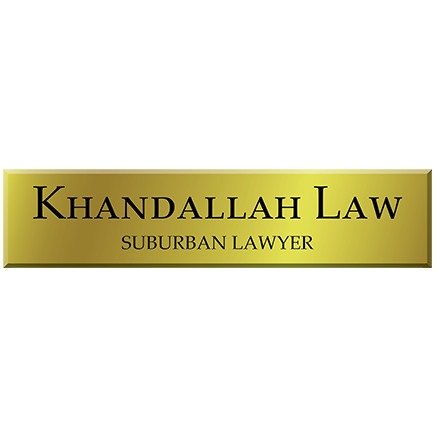Best Elder Abuse Law Lawyers in Wellington
Share your needs with us, get contacted by law firms.
Free. Takes 2 min.
List of the best lawyers in Wellington, New Zealand
About Elder Abuse Law in Wellington, New Zealand
Elder abuse law in Wellington, New Zealand, is designed to protect older individuals from various forms of mistreatment, including physical, emotional, financial, and psychological abuse. The law recognizes the rights of the elderly to live in a safe environment, free from harm, and mandates certain protections and legal actions that can be taken against those who violate these rights. In New Zealand, elder abuse is often addressed through a combination of family law, criminal law, and specific legislation aimed at safeguarding the elderly. Understanding these protections is crucial for ensuring the well-being of senior citizens in the community.
Why You May Need a Lawyer
There are several situations where seeking legal help in elder abuse matters may be necessary:
- If an elderly person is suffering from physical or psychological abuse, a lawyer can help secure protective orders against perpetrators.
- In cases of financial exploitation, an attorney can assist with recovering assets or pursuing legal action against those responsible for fraudulent activities.
- Legal guidance can be essential when navigating disputes over guardianship, power of attorney, or estate management where potential abuse is suspected.
- When advocacy is needed to communicate and enforce the rights of the elderly within institutional settings such as nursing homes.
Local Laws Overview
Key aspects of local laws relevant to elder abuse in Wellington include:
- The Crimes Act 1961: This legislation defines and penalizes criminal acts that may constitute elder abuse, such as assault and fraud.
- The Family Violence Act 2018: This act provides a framework for protection orders and outlines procedures for safeguarding individuals from family violence, which includes elder abuse.
- The Protection of Personal and Property Rights Act 1988 (PPPR Act): Governs issues around mental incapacity and enables courts to appoint managers for the personal care or financial affairs of those unable to manage themselves.
Frequently Asked Questions
1. What constitutes elder abuse?
Elder abuse includes any physical, emotional, financial, or psychological harm inflicted on an older adult. It can occur in both domestic and institutional settings.
2. How can I report elder abuse?
Elder abuse can be reported to the police or to social services. It is also advisable to consult a lawyer to understand the legal implications and ensure the victim's safety.
3. Can legal aid be obtained for elder abuse cases?
Yes, legal aid may be available for eligible individuals involved in elder abuse cases. A lawyer can help determine if you qualify for assistance based on financial and case merit criteria.
4. What measures can be taken to protect the elderly from abuse?
Legal measures can include obtaining protection orders, involving adult protective services, and ensuring oversight by appropriate authorities or family members of care arrangements.
5. What should I do if I suspect financial abuse of an elder?
If you suspect financial abuse, it is important to document any evidence, contact a legal professional, and report the issue to the relevant authorities such as the bank or police.
6. What is the role of a lawyer in elder abuse cases?
Lawyers provide advice, represent victims in court proceedings, work to secure protective measures, and assist in navigating complex legal scenarios relating to elder abuse.
7. Is there a statute of limitations for taking legal action in elder abuse cases?
The time frame for initiating legal action can vary depending on the type of abuse. Consulting with a lawyer as soon as possible is recommended to avoid missing deadlines.
8. How does guardianship relate to elder abuse?
Inappropriate use of guardianship or power of attorney can lead to elder abuse, especially financial exploitation. Legal guidance can help ensure these roles are being carried out ethically.
9. Can family members intervene in suspected elder abuse cases?
Family members can and should intervene by obtaining legal advice, reporting suspected abuse, and helping to ensure the elder receives proper care and protection.
10. How can I prevent elder abuse in caregiving settings?
Preventive measures include closely monitoring care services, having regular family visits, and maintaining open communication with both the elderly person and their caregivers.
Additional Resources
Several organizations and resources can provide assistance and support for elder abuse cases in Wellington:
- Age Concern New Zealand: Offers support and advice for older people.
- Elder Abuse Response Services: Provides intervention and support for elder abuse cases.
- Citizens Advice Bureau: Offers free, confidential information and advice to anyone with concerns, including elder abuse issues.
Next Steps
If you or someone you know needs legal assistance concerning elder abuse law in Wellington, consider the following:
- Consult a Legal Professional: Reach out to lawyers specializing in elder law or family law who have experience with elder abuse cases.
- Gather Evidence: Document any signs of abuse and collect relevant information to support your case.
- Contact Support Services: Engage with local support organizations that can provide guidance and assistance during this process.
- File a Report: Report incidents to police or appropriate protective services to commence an intervention.
Ensuring the safety and security of elders is paramount, and legal pathways are available to address any abuse or exploitation they may face.
Lawzana helps you find the best lawyers and law firms in Wellington through a curated and pre-screened list of qualified legal professionals. Our platform offers rankings and detailed profiles of attorneys and law firms, allowing you to compare based on practice areas, including Elder Abuse Law, experience, and client feedback.
Each profile includes a description of the firm's areas of practice, client reviews, team members and partners, year of establishment, spoken languages, office locations, contact information, social media presence, and any published articles or resources. Most firms on our platform speak English and are experienced in both local and international legal matters.
Get a quote from top-rated law firms in Wellington, New Zealand — quickly, securely, and without unnecessary hassle.
Disclaimer:
The information provided on this page is for general informational purposes only and does not constitute legal advice. While we strive to ensure the accuracy and relevance of the content, legal information may change over time, and interpretations of the law can vary. You should always consult with a qualified legal professional for advice specific to your situation.
We disclaim all liability for actions taken or not taken based on the content of this page. If you believe any information is incorrect or outdated, please contact us, and we will review and update it where appropriate.



